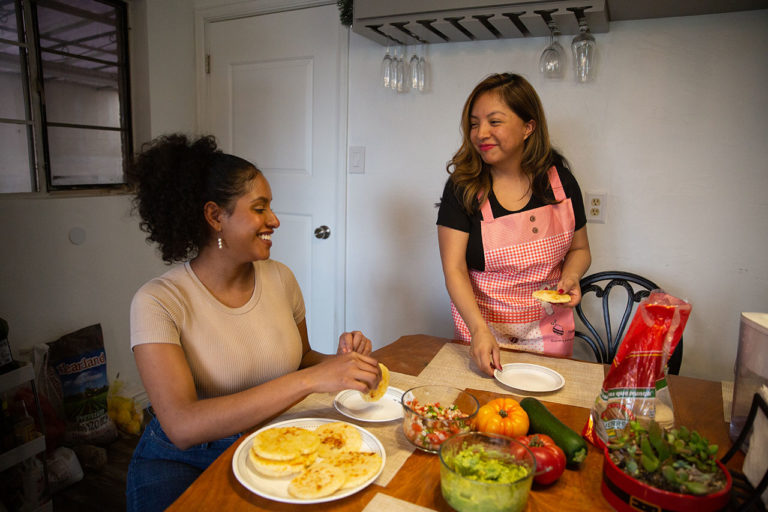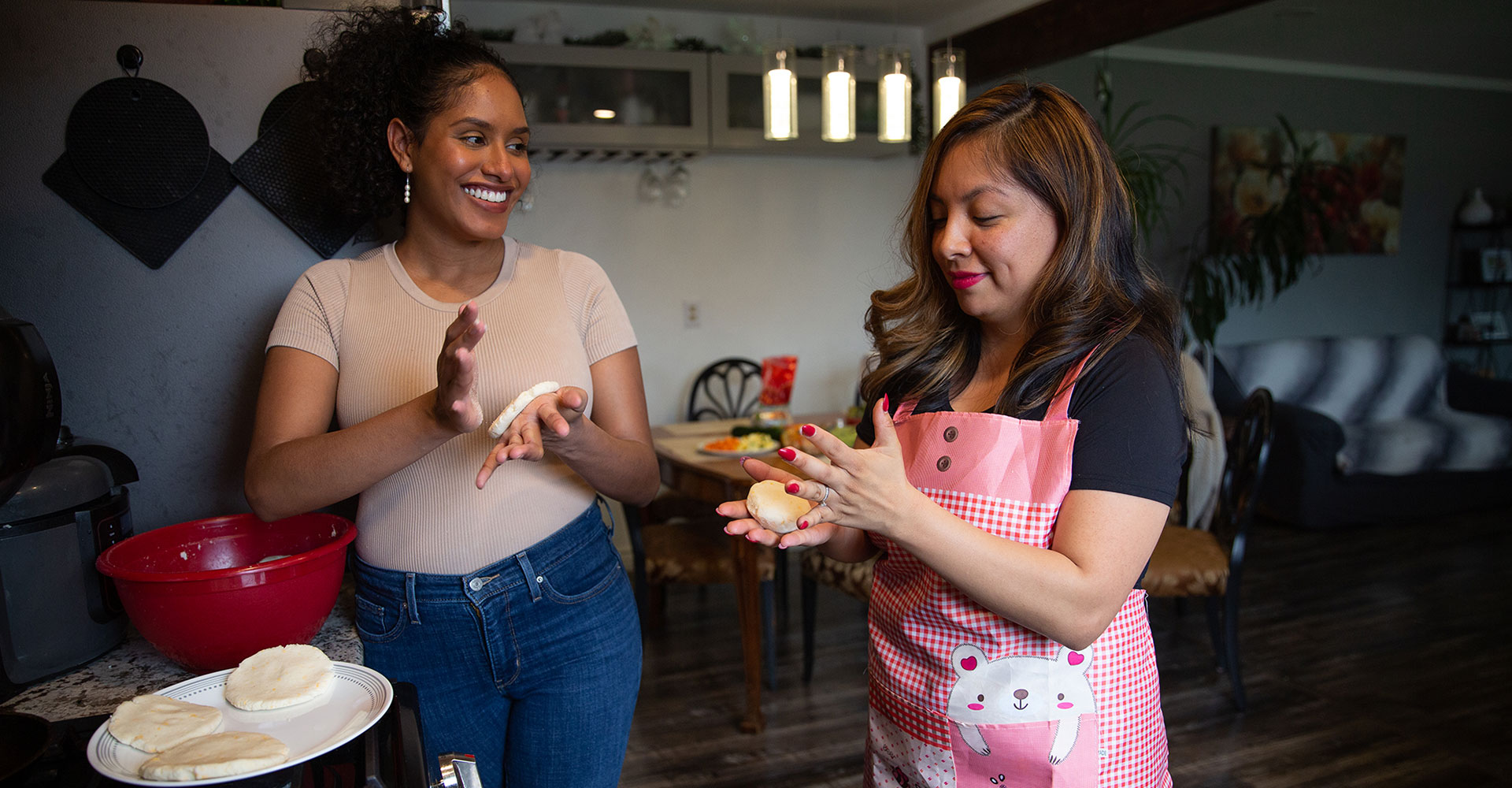Better ingredients for better health
With barriers that include language differences and various required documentation, access to health and wellness care in underserved communities can be fraught with pitfalls and stigma. As an employee of the Jefferson Center for Mental HealthThalia Rodriguez has first-hand experience helping people navigate the complexities of America’s healthcare system.
But when her mother was diagnosed with stage 4 breast cancer, Rodriguez felt the hurdles collide close to home.
“A lot of people in the Latinx community joke about not going to the doctor until you need to, but I never really thought about it until then,” said Rodriguez, a Metropolitan University of Denver State. Health care management raised.
Without Medicaid and unable to meet the astronomical estimates out of pocket, Rodriguez’s mother was denied the care she needed. Ultimately, an MSU Denver referral led her to Denver Healthwhich offers a sliding scale payment approach.
“It’s still expensive, but I’m so grateful that we can keep her alive and continue her fight against cancer,” Rodriguez said.
This lived reality was the main driving force behind the creation of Salvation ! In Our Communitylaunched by Rodriguez and MSU Denver student Ines Calvete Barrios.
Originally a pilot effort for the classroom, the program’s series of cooking classes over the summer will emphasize traditional recipes with nutritious substitutes — p. vegan nacho cheese made with cashews and turmeric – plus a healthy dose of conversation about community wellness resources.
“In our home, food is a basic part of family life: we prepare it together, sitting around the table, eating together, talking about our day,” said Calvete Barrios. “And talking about access to health care can be daunting.
“But something we all love is food, so we wanted to create a space to be able to discuss the two.”
The duo met in their Reimagine Wellness course, launched by the interdepartmental health institute. The institute also coordinates Health research programs as the DACA and Health Career Opportunities Program Scholarship for Undocumented Studentswhich offers mentorship and resources for students interested in entering health fields.
The course culminated in an entrepreneurship contest, where Rodriguez and Calvete Barrios’ concept took third place and netted the duo $8,000 in seed funding. Their program partners also include Aurora La Victoria Healing Kitchenthe Roadrunner Pantryy and the University Immigrant Services Program.
“It was good to know what I put in my body,” Rodriguez said. “This (experience) has really changed the way I look at food.”

Calvete Barrios echoed the importance of food and access to healthcare for the whole person. Originally from Colombia, she struggled to navigate the US healthcare system as a previously undocumented immigrant. Despite her family history of different cancers, screening panels were limited or unavailable to her. Thus, the concept of “food as medicine” which she acquired from lifestyle medicine class taught by Michelle Tollefson, MD, associate professor of health professions, resonated with her.
“There are a lot of things that I can’t control, so I’m focusing on the things that I can,” said MSU Denver 2022 Spring President’s Award winner Calvete Barrios. “From heart health to cancer prevention, small changes can make a big difference.”
For Calvete Barrios, the changes include following a plant-based Mediterranean diet and substantially reducing meat consumption, as well as culturally appropriate recipe substitutions. As part of the launch of the program, Rodriguez and Calvete Barrios consulted with Rachel Sinley, Ph.D., nutrition department president and associate professor, to incorporate recipes such as black bean flautas with avocado dip that are ditching processed ingredients without sacrificing the “yum” factor.
“By using whole food ingredients, we can mimic the flavor profiles that light up our brains,” Sinley said.
We are naturally wired to crave fats, salts and sweets, she added. And as we get used to our eating habits over time, tolerances can emerge. In other words, our brain eventually forces us to consume more of these elements to trigger our pleasure centers.
She also noted the importance of language and the way we talk about food. ‘Diet’ as a construct takes place in larger social contexts, ‘plant-based’ is not automatically healthy by default, and there is no one-size-fits-all approach to what counts as ‘healthy’. “.
“We shouldn’t deprive ourselves of what we value,” Sinley said. “But when we are armed with information about what healthy eating means to us individually and in context, we are able to strike the right balance that honors the whole person within our communities.”
For Rodriguez, celebrating food and community is a key ingredient in supporting and growing Salvation ! In Our Community, something she hopes to do after graduation. Calvete Barrios, likewise, plans to use what she learned for her next chapter: taking the MCAT and applying to medical school.
“I was able to integrate a lot of these concepts into my own life and change it for the better,” said Calvete Barrios. “Now the question is, ‘How can we use this knowledge to create positive impact on an even larger scale?'”


Comments are closed.